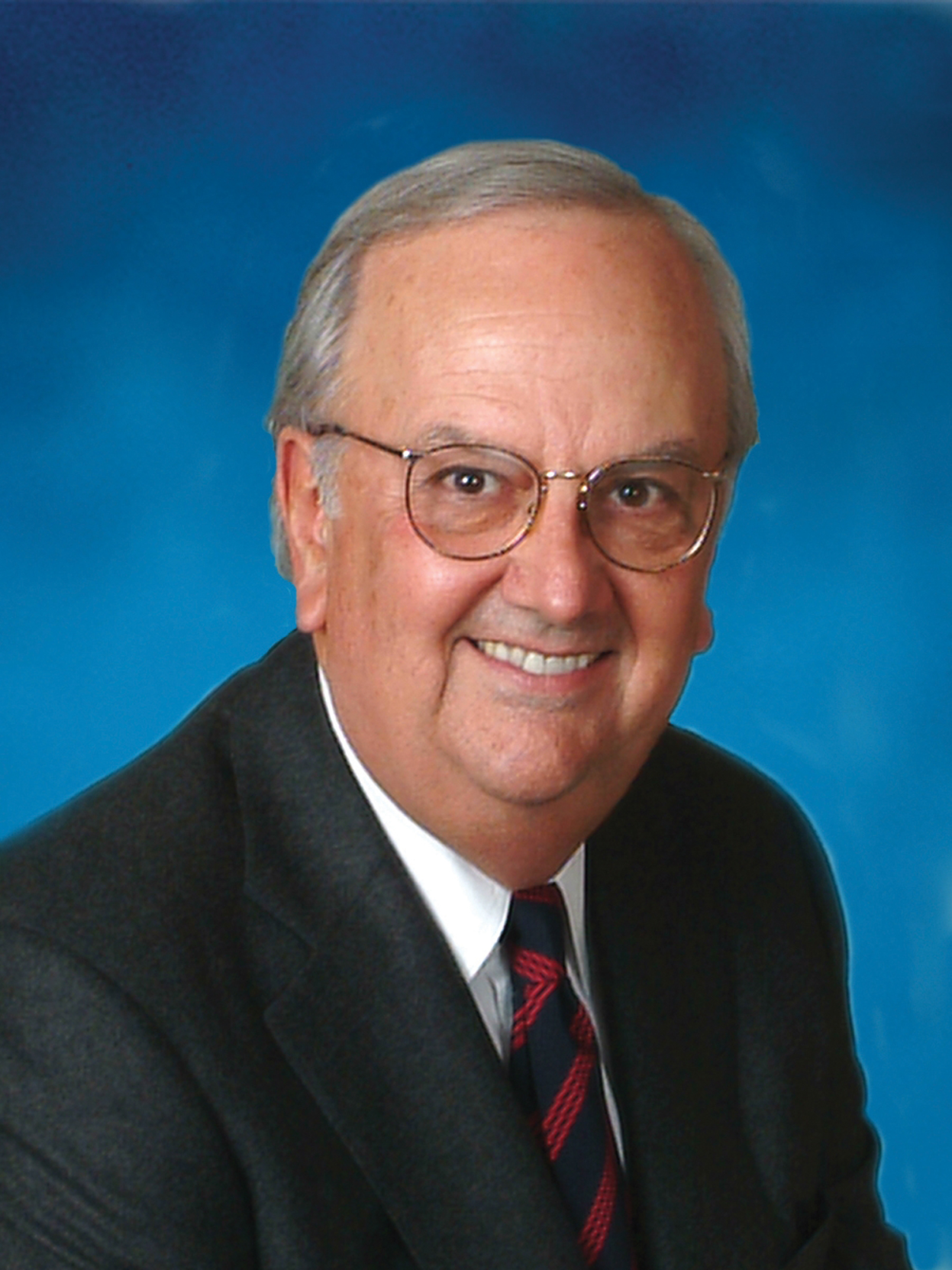
Tom Cigarran
The past 18 months have marked one of the most fruitful periods in Nashville Predators franchise history.
After trading Preds captain Shea Weber in summer 2016, the team embarked on its best playoff season ever on the ice. Off the ice, the franchise enjoyed unparalleled success as thousands flooded the streets around Bridgestone. This season, the team has remained near the top of the league’s standings and is now poised for another run at the Stanley Cup.
But in the shadow of the team’s glory has been a simmering feud between members of the ownership group. Six days before Weber was shipped to Montreal in return for P.K. Subban, part-owner David Freeman sued chairman Tom Cigarran and the club in Chancery Court, alleging that Cigarran had diluted Freeman’s share of the team down to almost nothing through a series of capital calls — infusions of cash from ownership — with other owners.
The lawsuit was ultimately dismissed as Chancellor Ellen Hobbs Lyle ruled that the court was superseded by the NHL’s constitution, which requires the warring parties to submit to arbitration with the league. But that doesn’t mean the claims in the suit have been settled — just that the presiding judge is now the NHL commissioner. In testimony before Commissioner Gary Bettman, at least one explosive claim has been made: that Cigarran ordered Predators staff to access the email of a company owned by Freeman in order to seek sensitive information.
In a December 2016 deposition obtained by the Scene, Cigarran was asked under oath about an exhibit entered into the proceedings by the Predators: an email string that came into the possession of the team’s chief operating officer, Michelle Kennedy.
Q: Do you know how it is that this is a Predators marked exhibit?
Cigarran: No.
Q: Do you know if the Predators were going into Mr. Freeman’s 36 Venture Capital account at any time and looking at his e-mails?
Cigarran: I do not know, and I would be astonished if that was true.
Q: Do you know where Mr. Freeman’s 36 Venture Capital account was housed?
Cigarran: No.
In 2010, when he was still chairman, the email for Freeman’s 36 Venture Capital was housed on Predators servers, and within his email was sensitive information, including Freeman’s 2008 tax returns. But in testimony the following day at the 2016 deposition, Kennedy says Cigarran knew about the search, which was conducted in 2014.
Q: Your testimony is that you were asked — whenever it was that Mr. Freeman commenced his first arbitration proceeding at the NHL, you were asked by someone, we are going to get to who it was, to search his emails.
Kennedy: Yes.
Q: Who asked you to do that?
Kennedy: It was — I consulted with our outside counsel.
Q: Specifically who? Names
Kennedy: Mike Sontag, and Paul Jennings and Mr. Cigarran.
Q: And it was Mr. Cigarran who spearheaded this request? Who actually — whose idea was it to search Mr. Freeman’s e-mails?
Kennedy: Our outside attorneys suggested that it was the appropriate protocol to gather information to defend our position in the litigation.
Q: From your adversary’s e-mails?
Kennedy: From the Predators servers, wherever we had it. It wasn’t a direct go search David Freeman’s e-mails. It was look everywhere on the Predators servers to see what information is out there.
Q: Including Mr. Freeman’s 36 Venture Capital e-mail address.
Kennedy: That was on the Predators servers.
Q: Did you ever advise Mr. Freeman that you were doing this, ever?
Kennedy: No.
Q: Did you think it was a good idea to advise him that you were searching his 36 Venture Capital e-mail address without his knowledge?
Kennedy: It was on the Predators servers.
Kennedy went on to testify that she consulted with Sontag and Jennings — attorneys at Bass Berry & Sims — about the legality of the search.
There are a number of potential landmines for Cigarran and the franchise related to accessing the 36 Venture Capital emails. First, if Kennedy’s testimony is correct, Cigarran may have perjured himself in the Dec. 15, 2016, hearing before Commissioner Bettman. Second, federal tax returns are confidential, and accessing them without the knowledge of Freeman could be a federal crime.
Predators senior vice president Gerry Helper says the team has no response at this time.
“I am not familiar with the documents being referenced,” Helper says, “but as an organization, we do not comment on confidential legal matters or proceedings, so I cannot comment on the inquiry at this time.”
Freeman declined to comment on the arbitration.
“This is a private matter between the partners, and it needs to stay that way,” Freeman tells the Scene. “There will probably be a day when we have a long detailed conversation about Cigarran, [Canadian businessman and attempted Predators buyer Jim] Balsillie and [disgraced former Predators partner Boots] Del Biaggio — today is not that day.”
A year-and-a-half after Freeman filed his lawsuit, the arbitration proceeding is ongoing. The NHL did not respond to questions about the arbitration in time for this story.




